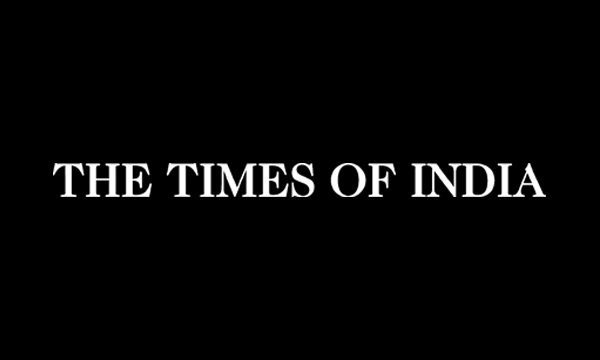South Australia's teachers union has called for students' last week of term to be cancelled as the number of staff and pupils affected by COVID-19 grows.
The head of the Department for Education says the option is "in the mix".
Department figures show 491 teachers were absent on Wednesday because they had COVID-19, were isolating or were caring for someone else — about 200 more than at the start of the month.
Out of all public school students, 3.4 per cent had COVID-19 or were isolating the same day.
Australian Education Union state president Andrew Gohl called for all four days of week 11 of term 1 (April 11–14) to be declared pupil-free days.
"That would give us a chance to reset, give a chance for people to do some planning, because it was a chaotic start to the term and really I don't think people have really recovered even from that start of the term, so this is necessary just to give people a break," he said.
Department chief executive Rick Persse said extending the Easter school holidays was "in the mix" and he would discuss it with the new education minister after he or she was sworn in this morning.
"But, equally, we've got to try to balance this need to keep a really fine balance between kids learning, the ability of staff to be able to deliver a quality program and safety.
"So these are the thing were constantly monitoring at the moment, but I will agree with Andrew there is a lot of pressure and really, really hard-working people out there."
He said finding enough relief teachers had proved difficult, especially in regional areas.
Students and teachers suffering
A leader at a South Australian birth–year 12 school, who asked to remain anonymous, said students were suffering from "relief teacher fatigue" with many of the regular teachers away, while at the same time there were not enough relief teachers to fill the spaces of missing teachers.
Out of between 10 and 12 teachers absent per day at her school, the teacher said only three were replaced by relief ones.
Students suffered as a result, she said, particularly those in year 12.
"They're not able to have that integral learning from their teachers and we're unable to give them a teacher either because we're just too short-staffed," she said.
She said her school had not received rapid antigen tests (RATs) in the past two weeks.
"I don't know if there is a shortage but, for my own piece of mind, I'd like to receive RATs from the school," she said.
"I have 14 year 10s away at the moment and I have no RATs."
More than 280 non-teaching staff were absent from public schools on Wednesday.
The teacher said not having assistance in classrooms was also resulting in behaviour management issues.
Class testing and 'circuit-breaker' closures
The protocols for when a school or class was sent home, and when students were ordered to have PCR nasal swab testing, were revealed for the first time yesterday despite Chief Public Health Officer Nicola Spurrier saying this morning they had existed "for some time".
Whole classes are being urged to get tested if there are at least five COVID-19 case diagnosed in the cohort, while closures are considered at 10 cases.
Salisbury High School is closed today and tomorrow, with lessons instead being conducted online, after an outbreak at the school in Adelaide's north.
Berri Regional Secondary College is set to reopen tomorrow after a three-day closure.
The three-day "circuit-breaker" closure had been working well, Professor Spurrier said,
Unlike in most other situations, school students who are contacts of a COVID-19 case do not have to isolate. Instead they must only monitor for symptoms.
Professor Spurrier said that meant having different ways to deal with outbreaks.
"This has been working very well and we've been doing it for a while when we have a certain number of children in the class," she said.
"There may be circumstances where there may be a requirement for a team to do onsite testing, and if that was the case we'd organise it, but generally we haven't had a problem up until this time," she added.
There were 4,594 new cases reported yesterday in South Australia — the state's third highest daily total of the pandemic.
Two people died — a woman in her 90s and a man in his 60s.
Premier Peter Malinauskas said on Tuesday that daily cases could reach 8,000 next month.
Close contact rules will be looked at by the Emergency Management Council sub-committee of cabinet tomorrow.







